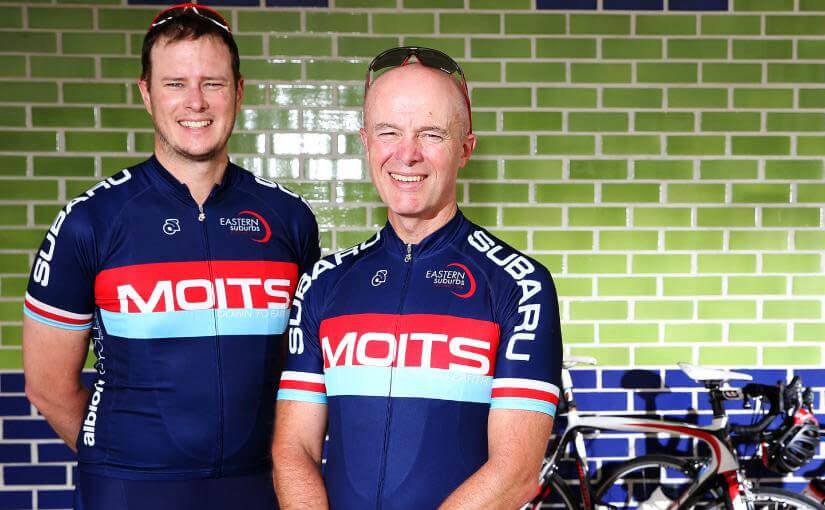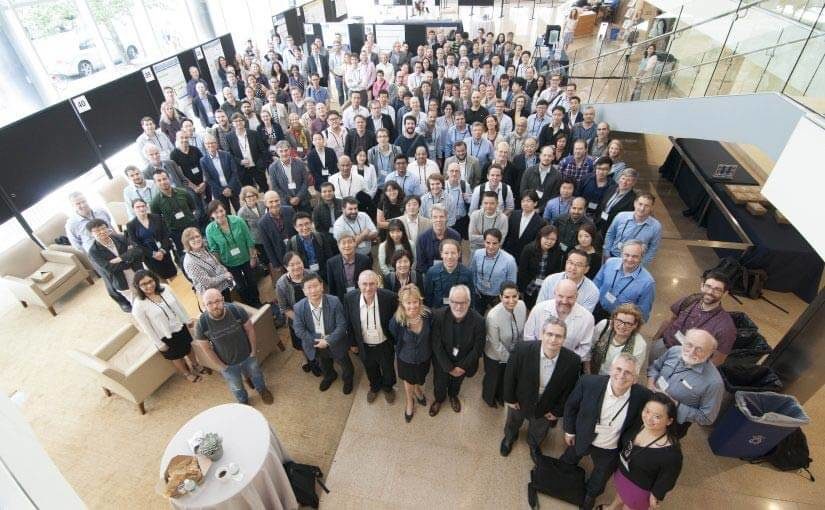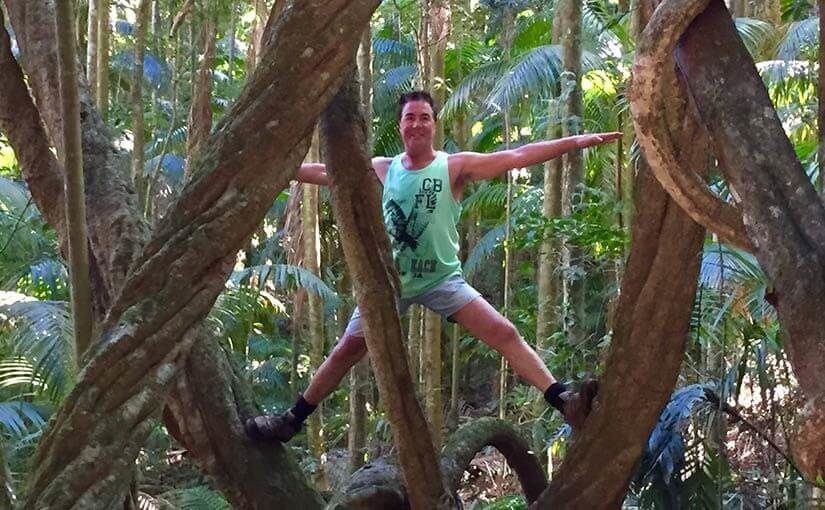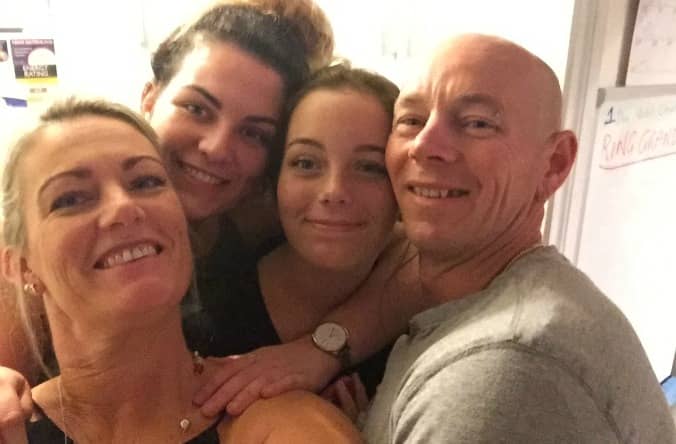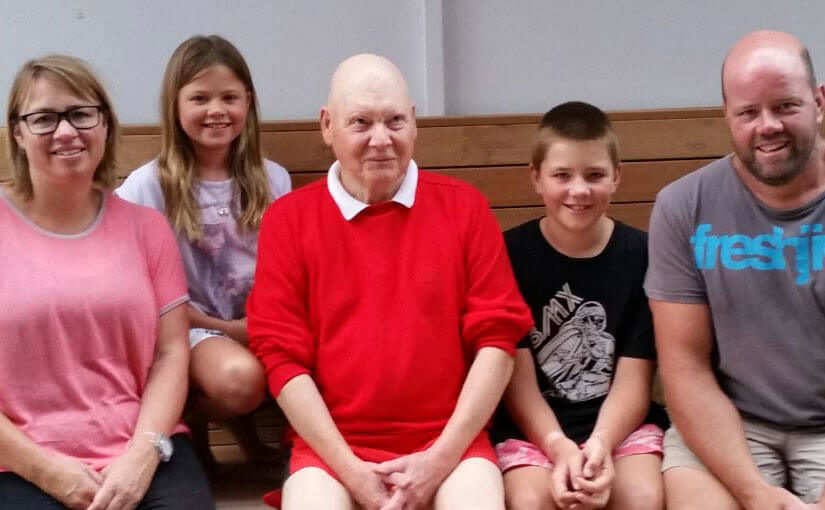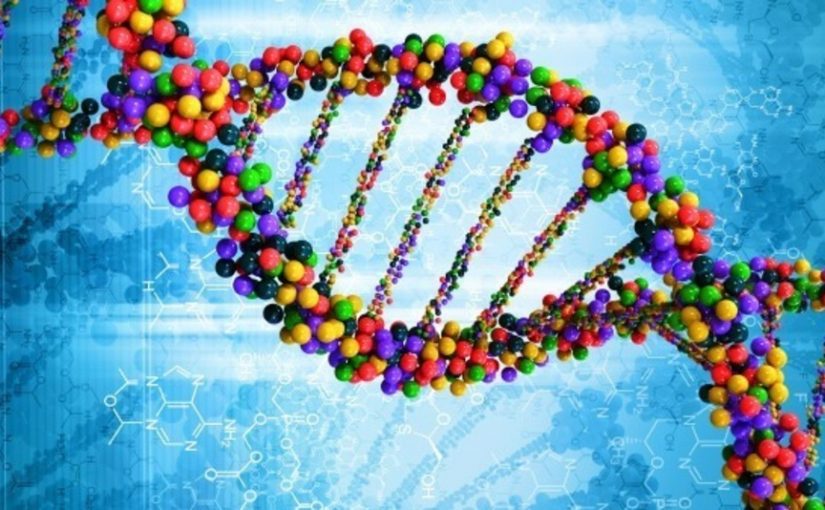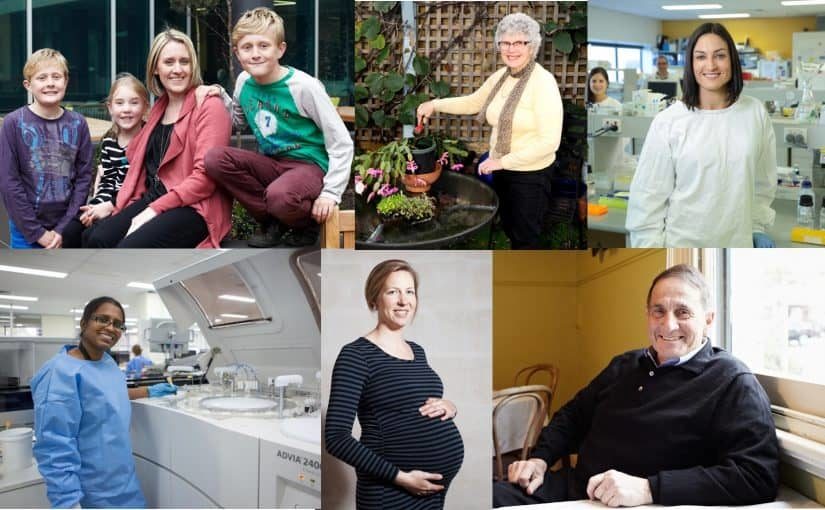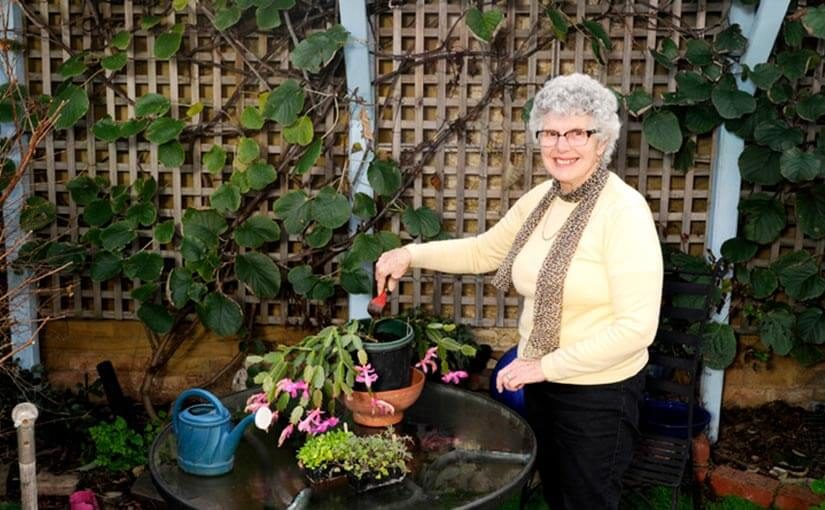Australian scientist in new global genomic search for cancer cures
An ambitious global genomic research project has been announced to identify new ways to prevent and treat a huge range of cancers.
The Inte
‘In-gene-ious’ – the future of pathology is in our DNA
The area of genetics has hit the headlines recently with much excitement and debate around the potential for gene editing to do a variety of
“Pathology is vital when you’re battling cancer”
It is an impressive statistic that pathology is used to diagnose 100% of cancers, but this is not the end of pathology’s involvement in he

